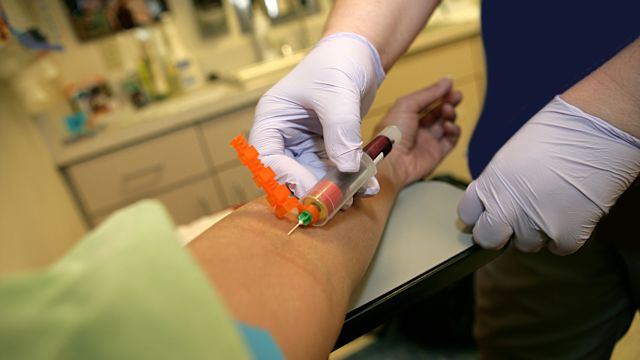For many people with HIV, living a healthy life isn't about managing just one virus. Coinfections, or having more than one disease, are common among people with HIV. One of the main coinfections people with HIV should look out for is hepatitis C.
About 1 in 4 people with HIV also have hep C, which means about 2.3 million people worldwide are living with both viruses. So if you've also been diagnosed with hep C, don't worry--you're not alone. But a coinfection of HIV and hep C can affect your treatment and your health.
How It Affects You
The combination of hep C and HIV can cause some serious health issues. Liver disease (stemming from hepatitis) is the biggest killer of people with HIV, second to AIDS. Coinfection triples your risk for liver failure, liver disease and liver-related death. It also speeds up the progression of hep C in your body.
There are also heightened risks of spreading hep C. Coinfection increases your chances of spreading hep C sexually and to your unborn child if you're pregnant. That’s why treatment is even more crucial if you have both viruses.
How It Affects Treatment
There is no cure for HIV, but there is a cure for hep C. Studies suggest that newer hep C drugs are just as effective (with cure rates well over 90%) for coinfected people who have the most common types of hep C. Plus, with new developments in hep C treatment, your side effects will likely be rather mild.
But not all hep C treatments can be combined with HIV treatments. Some drugs don't mix, and there isn't a one-size-fits all combo of drugs that will heal everyone.
If you have HIV and are worried you may also have hep C, talk to your doctor about getting tested. And if you do have hep C, your doctor will be able to prescribe you the best medications that can treat both viruses. You can even work closely with a doctor who specializes in coinfections to develop a treatment plan that'll allow you to take back control of your life, health and happiness.
Medically reviewed in February 2021.






